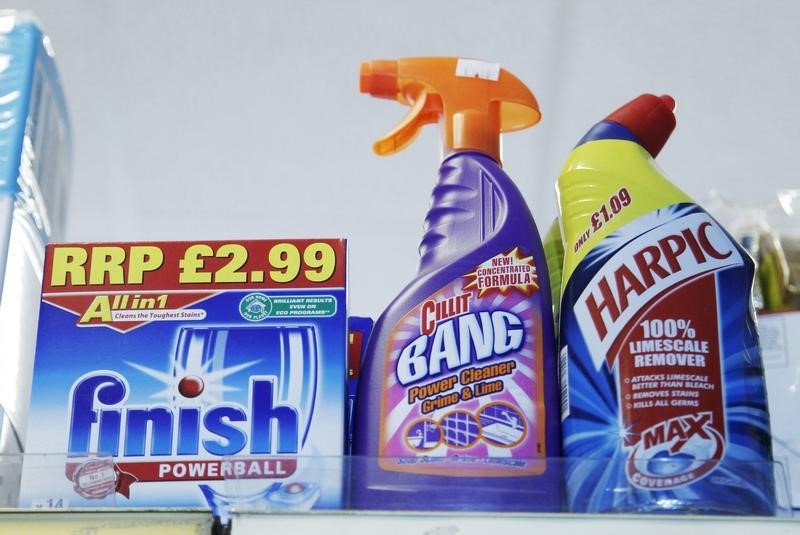By Geoffrey Smith
Investing.com -- The rout in tech stocks in the U.S. over the last day has been a stiff test of nerve for European markets – but one to which they appear to be equal, at least for now.
Having fallen in knee-jerk fashion in line with the Nasdaq and the other big U.S. boards on Tuesday, European markets were all firmly back in the green as of 5:15 AM ET (0915 GMT) on Wednesday, helped by a smart bounce in Nasdaq futures as early birds in the U.S. logged on.
Even so, there was a heavy preference for defensive names such as telecoms, health and consumer staples.
Among the notable outperformers were Orange (PA:ORAN) and Deutsche Telekom (DE:DTEGn) stock, up 3.6% and 2.3%, respectively, while Reckitt Benckiser (LON:RB) was up 2.3%, Unilever (NYSE:UL) stock was up 1.5% and Nestle (SIX:NESN) stock up 1.2%.
The ‘new defensives’ – especially renewable energy stocks backed by a wall of ESG-focused money – were also well bid, with EDP Renovaveis (LS:EDPR) stock up 2.8% and wind turbine makers Vestas Wind Systems (CSE:VWS) and Siemens Gamesa (MC:SGREN) both up more than 2%.
By contrast, the more volatile cyclical stocks were subdued, as a German auto summit ended without any concrete offer of fresh government support, and banks consolidated after the M&A excitement in Spain (Caixabank (MC:CABK) still gained 1.2% on reports that it’s looking to improve the terms of its mooted tie-up with Bankia (MC:BKIA)). Aerospace names continued to underperform after fresh reports of production trouble at Boeing (NYSE:BA), one of their biggest customers. Meggitt (LON:MGGT), Senior (LON:SNR) and Rolls Royce (LON:RR) all fell by 4% or more.
The benchmark Stoxx 600 was up 0.7%, still stuck in the narrow range it’s been in since June. For most of the last three months, that’s been a source of frustration for many, who have been forced to watch U.S. stocks disappear over the horizon. However, given events stateside over the last three days, European investors will settle for range trading quite happily, thank you very much.
Despite a valuation gap to the U.S. that is still miles wide, the appetite to push European stocks higher is limited. Coronavirus case numbers are surging in Spain, France and the U.K., and rising less dramatically elsewhere. Even though hospitalizations and death rates still remain well below the levels of spring, the fear of starting the flu season with a high level of community spread is evident.
What’s also increasingly evident is that investors have woken up to the risks of the latest Brexit drama, with sterling sliding and U.K. stocks clearly underperforming – the domestic-focused FTSE 250 was the only major index in the red on Wednesday morning.
However, even here, it’s the government’s erratic policy on lockdowns that appears to be the more important factor. Some of the biggest losers on Tuesday were WH Smith (LON:SMWH), sandwich bar operator SSP Group (LON:SSPG) and Trainline (LON:TRNT), all of them heavily exposed to mobility levels. They fell by more than AstraZeneca (NYSE:AZN), despite the amount that’s been bet on it winning the race for a successful Covid-19 vaccine.
With the U.S. markets in flux and a European Central Bank meeting in 24 hours, it isn’t surprising that Europeans are happy to sit on their hands. But a pattern of defensive outperformance is quietly asserting itself nonetheless.
